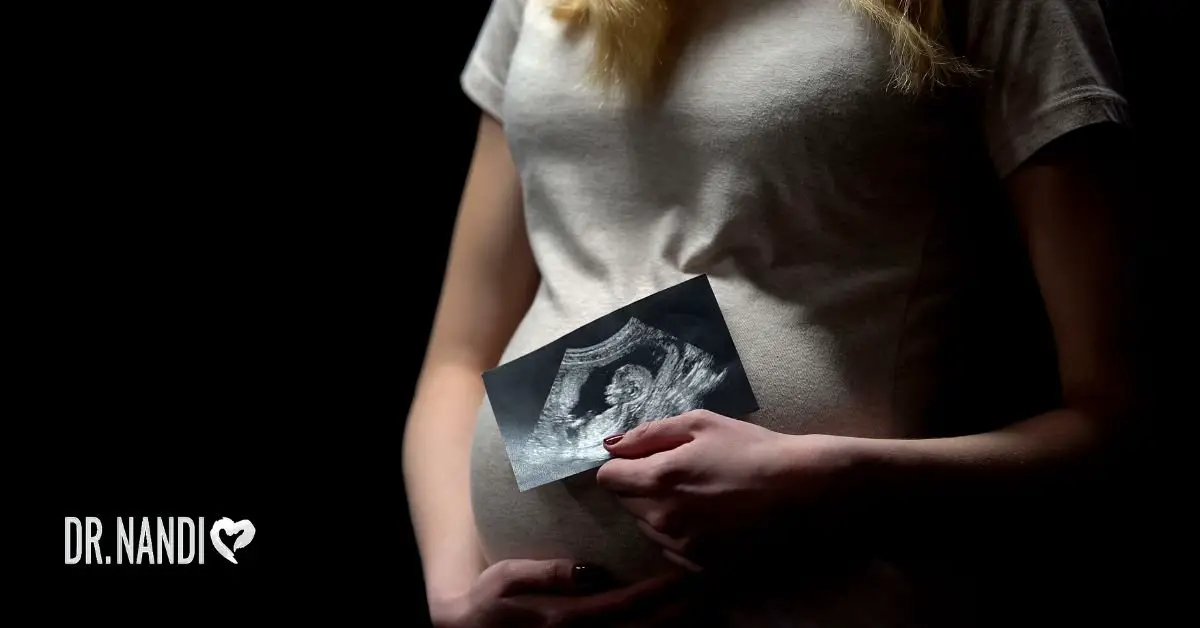According to a new study published in the Journal of Endocrinology, drinking too much caffeine while pregnant could damage your baby’s liver. But how much is too much? Researchers studied the effects of caffeine on pregnant rats and found that high amounts of caffeine during pregnancy could impede the overall growth and development of a newborn as well as damage their liver.
How Might Too Much Caffeine Affect My Newborn?
The study showed that too much caffeine (equivalent to three or more cups of coffee per day) could lead to lower birth weight, altered growth and stress hormone levels, and impaired liver development, which could increase the risk of liver disease later in life. This was determined because researches found the newborn rats had higher levels of corticosteroid, a stress hormone, and lower levels of IFG-1, a liver hormone.
Obviously this study was conducted on rodents and not people, so this does not mean the exact same outcome is expected for humans. But it does serve as a warning for expectant mothers to be cautious when it comes to caffeine intake.
How Much Caffeine Is Considered Safe During Pregnancy?
As many of you know, my wife, Kali, is pregnant, so I know this answer very well because she is a BIG coffee and tea lover. She typically has a couple of cups of coffee in the morning and an iced tea in the afternoon. But, because she is now carrying our third son, she has pretty much given everything up except for one half-caffeine coffee in the morning. I can tell it’s not easy for her, but she is a true rock star and health hero. She’s definitely more tired than normal, but that’s not unusual for many pregnant women.
So, to answer the question I’ll recommend abiding by the American College of Obstetricians and Gynecologists’ guideline, which is less than 200mg per day. However, the researchers of this latest rodent study are recommending pregnant women abstain from caffeine until these findings are confirmed in humans.
Another dietary consideration expectant mothers should evaluate is how much sugar they should eat while pregnant. This could affect her future child’s risk of developing allergies, asthma, and lung inflammation. Click here to learn more.



















